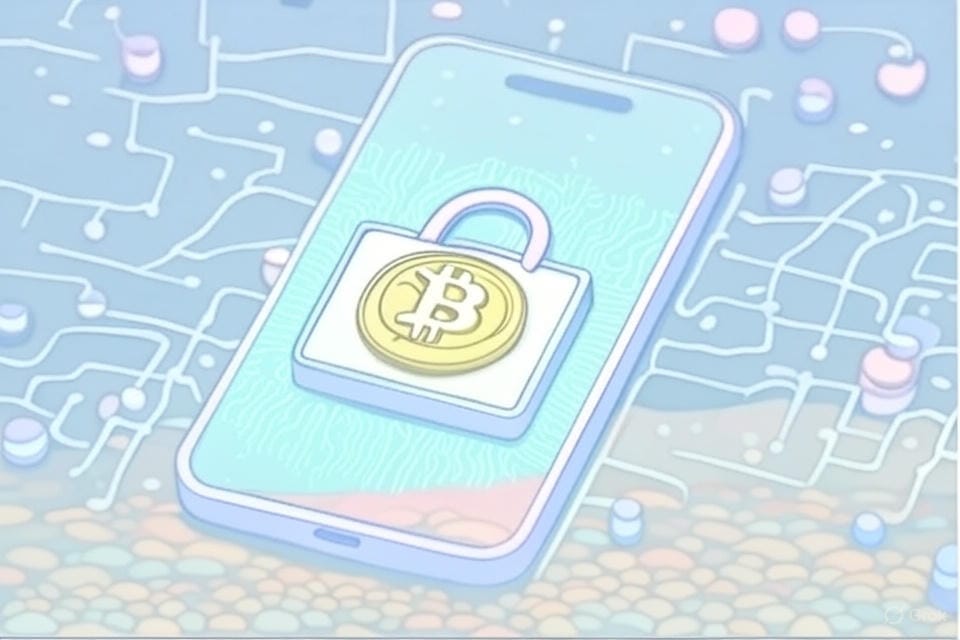Wallets
Learn about crypto wallets: hot vs cold storage, seed phrases vs MPC wallets. Sagix's boring, educational guide to choosing secure digital wallets for DeFi without the hype.

A digital wallet stores your cryptocurrency private keys and serves as your gateway to DeFi. Unlike bank accounts controlled by institutions, wallets give you complete ownership of your assets. In DeFi, wallets act as your identity, allowing you to connect to protocols, sign transactions, swap tokens, and participate in various financial activities directly on the blockchain without intermediaries.
Hot Wallets
Hot wallets are connected to the internet for frequent use and easy access. Examples include MetaMask and mobile apps that let you quickly interact with DeFi protocols. They're convenient for daily activities but more vulnerable to hacking since they're always online. Best for smaller amounts you use regularly. We've used Phantom for Solana, Rainbow for Ethereum, Trust Wallet and MetaMask across various chains, and Slush for Sui. We particularly like Backpack wallet for its broad range of ecosystem support across multiple blockchains.
Cold Wallets
Cold wallets store private keys offline, disconnected from the internet when not in use. Hardware wallets like Ledger require physical confirmation for transactions, providing maximum security but less convenience for frequent DeFi use. Best for long-term storage of larger amounts.
Seed Phrase vs. MPC Wallets
Traditional wallets use 12 or 24-word seed phrases that can restore your funds if you lose access - but anyone with these words controls your money, and there's no customer service if you lose them. MPC wallets split your private key across multiple locations, enabling features like social recovery and support, but you're trusting the service provider rather than having complete self-custody. We've found ZenGo to be convenient for MPC wallet functionality.
Disclaimer: We are not affiliated with any of the wallet providers mentioned above. These are wallets we have personally used, but you should conduct your own research before choosing any wallet. Most of these can be found in your device's app store or through the official websites of the respective providers.